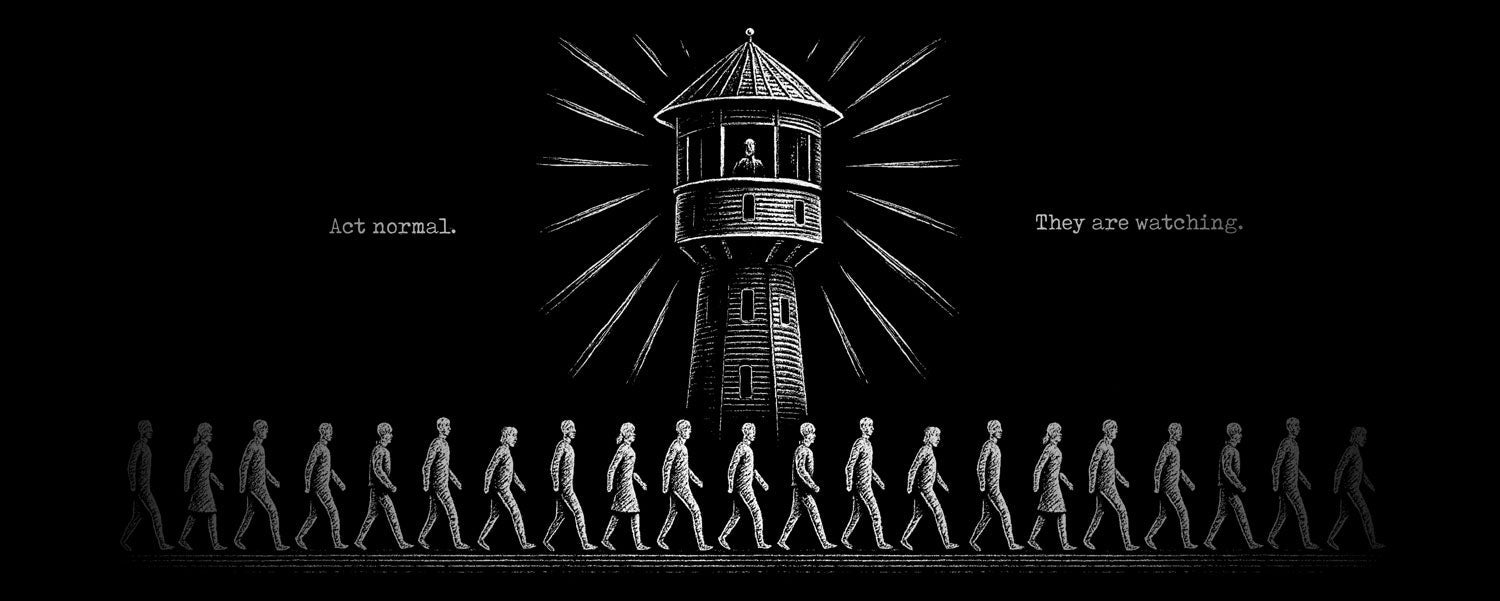Philosophical Dictionary
-

Epicurus Unchained: A Defense Against Dante's Condemnation
By Klaus Koppe
Explore how Dante condemned Epicurus to hell for his materialist philosophy and how this suppression might have delayed scientific progress. This witty essay contrasts Epicurean atomism with Platonic dualism and traces how Christian dogma replaced ancient philosophical pluralism. -

When Faith Meets Philosophy: How Spinoza Revolutionized Our Understanding of God and Human Psychology
By Markus Uehleke
Discover how Spinoza's revolutionary philosophy transformed our understanding of God, nature, and human psychology. Learn why this excommunicated lens grinder became one of history's most influential thinkers and how his insights can help you find peace in modern life. -

The Wisdom of Age: Why Experience Still Matters in Our Digital World
By Markus Uehleke
Discover why the wisdom of age remains valuable in our fast-paced digital world. Learn how millennials blend traditional wisdom with modern insights, and when to apply age-old advice to contemporary challenges like careers and relationships. -

It’s a Critical Time for Critical Thinking
By Caroline Black
Discover why critical thinking skills are essential in today's world of AI and misinformation. Learn how questioning assumptions, evaluating information, and being open to changing your views can protect you from scams, help combat false information, and empower you to envision a better world. -

Where Are the Women?: Maria von Herbert
By Caroline Black
Discover Maria von Herbert, the forgotten female philosopher who challenged Kant's categorical imperative through personal letters. Her profound critique exposed how rigid moral systems fail to address human suffering and emotional complexity, offering valuable insights on ethics while highlighting women's overlooked contributions to philosophy. -

The Modern Panopticon: How Foucault's Prison Theory Explains Today's Surveillance Society
By Caroline Black
Discover how Michel Foucault's panopticon theory explains our surveillance society. From Bentham's prison design to modern digital monitoring, learn how the fear of being watched shapes behavior and how power structures use surveillance to control populations.
















